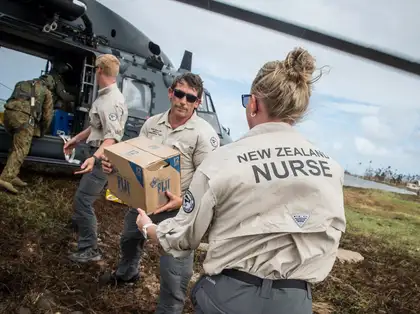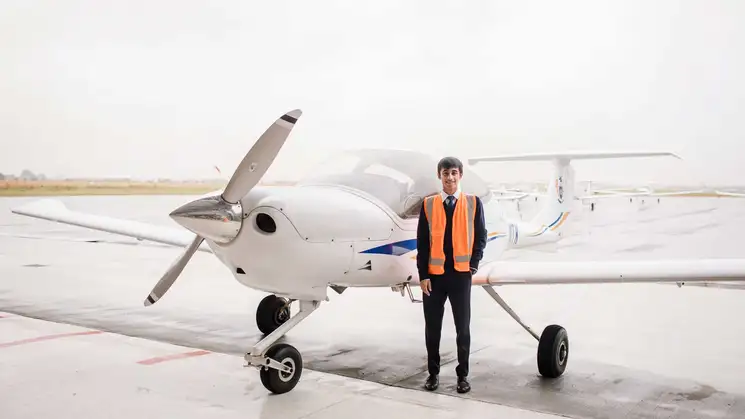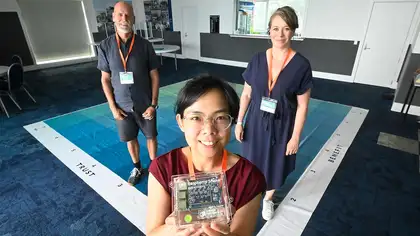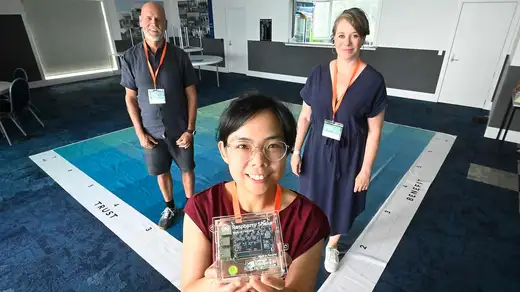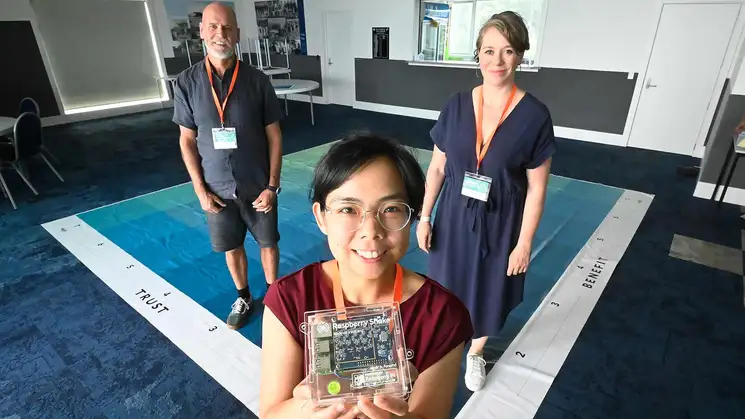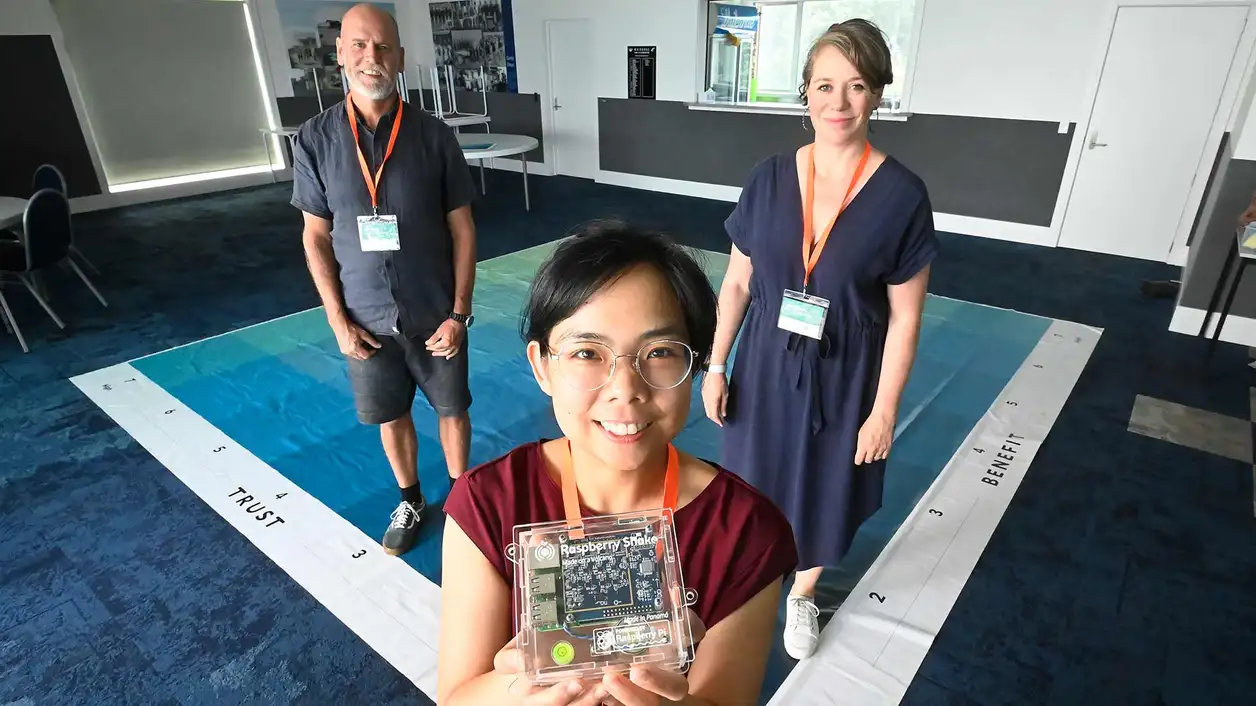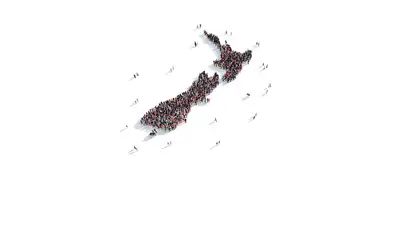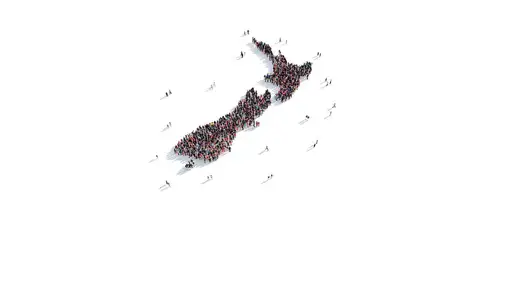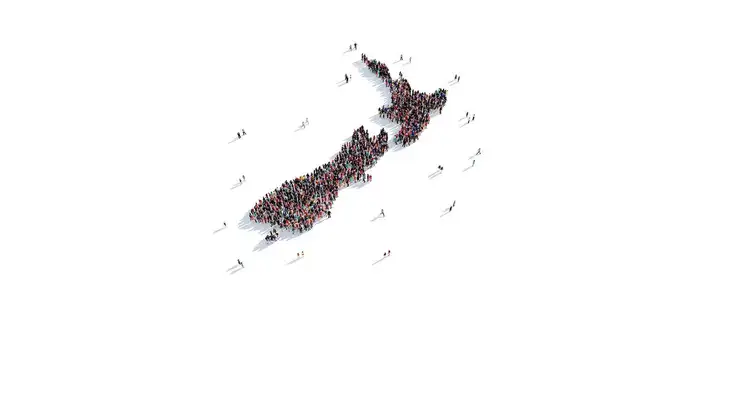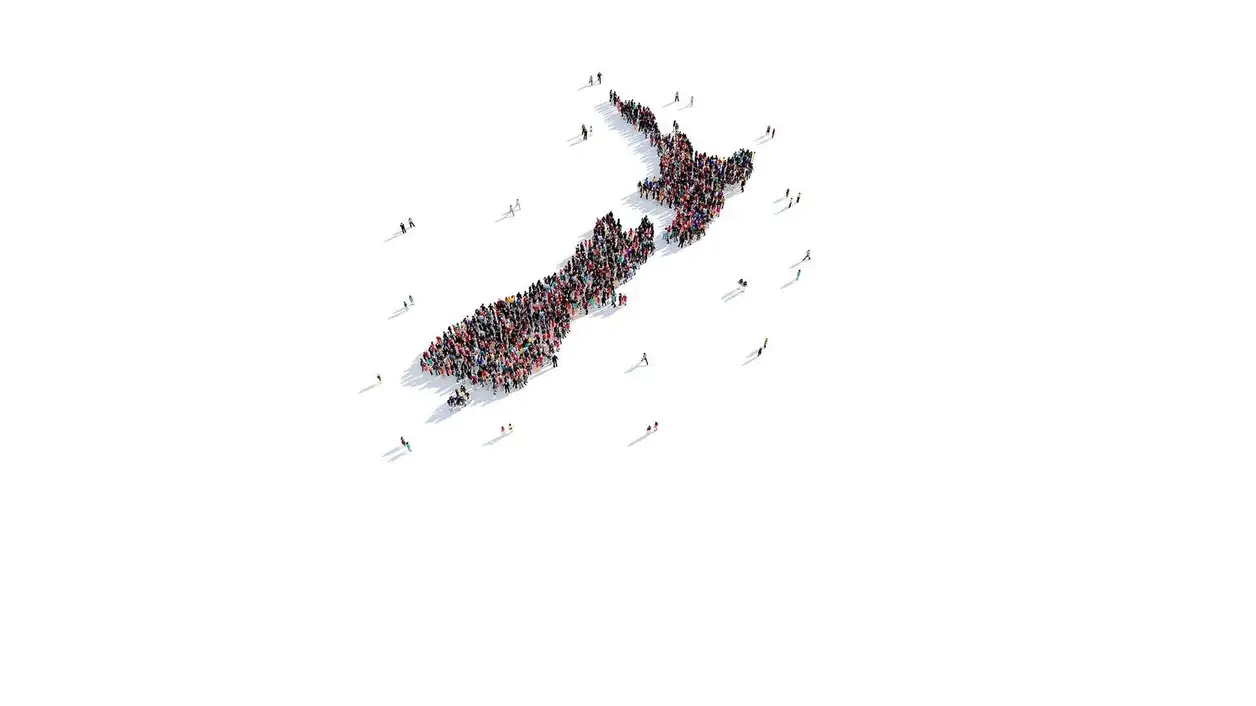Unique offering
Study at New Zealand's only university with specialist education in defence and security studies.
Build connections
Build connections with Massey's partners, including NZ Police, NZ Defence Force and overseas universities.
Part of the community
Wherever you are and however you learn, you join the Massey community. Connect with other students in classes, forums and events.
Make a contribution
Make sense of the world from different perspectives through Massey. Contribute to education, defence, sustainability and more.
Overview
Deeply understand contemporary trends and challenges in defence and security with unique qualifications from Massey's Centre for Defence and Security Studies.
Learn from expert lecturers and researchers, many with professional experience in government, diplomacy, intelligence, security or defence. Hone skills in analysis and critical thinking. Gain real-world knowledge shared by our partners. Graduate with insights and skills employers need.
Security and defence is a good fit if you:
- enjoy school subjects such as English, geography, history, social science, psychology or digital technologies
- want to contribute to world peace and sustainability
- like thinking critically and tackling complex problems.
Security and defence courses may cover:
- biosecurity and border security
- cyber and information security
- diplomacy and security cooperation
- intelligence
- military and peacekeeping operations
- war and armed conflict
- terrorism and political violence
- the psychology of security.
We also offer shorter courses for professional development, including:
- Pacific security dynamics
- courses tailored to suit industry needs – contact us to explore options.
Short courses and professional development
Our partners
Our partners share knowledge and provide study exchanges. These help our graduates make meaningful contributions to New Zealand, regional and global defence and security, as well as humanitarian aid and peace initiatives.
We partner with:
- New Zealand Defence Force
- New Zealand Police
- Ministry for Primary Industries
- Jagiellonian University in Poland
- University of North Georgia in the United States
How to study security and defence
Discover what we offer if you’re interested in security and defence – whether you’re coming to university for the first time, changing direction or returning to advance your study or career.
Undergraduate study
Bachelor's degrees
Defence Studies – Bachelor of Arts
You’ll be a sought-after graduate in a field that’s integral to the safety of New Zealand. Gain industry input, practical experience, and specialised knowledge to develop the skills employers seek.
Security Studies – Bachelor of Arts
Gain a powerful combination of critical thinking skills and knowledge of global security issues.
Undergraduate certificates
Certificate in Arts – CertArts
With Massey’s Certificate in Arts, you can study what you enjoy and explore subjects within history, beliefs, societies, languages, and cultures.
Certificate in Border and Biosecurity – CertBBiosec
Massey University’s Certificate in Border and Biosecurity will give you a credible and contemporary qualification to enhance your career prospects in border, biosecurity, or primary industries.
Graduate certificates
Defence Studies – Graduate Certificate in Arts
With Massey’s Graduate Certificate in Arts (Defence Studies), you can study defence without completing a second bachelor’s degree.
Security Studies – Graduate Certificate in Arts
The Graduate Certificate in Arts (Security Studies) will prepare you for roles that are integral to the safety of New Zealand and the globe.
Undergraduate diplomas
Diploma in Arts – DipArts
With a Massey Diploma in Arts, you can study what you enjoy and explore subject areas that spark your interest.
Defence Studies – Diploma in Arts
Join a qualification unique to New Zealand, that combines the study of modern defence studies and military history with broad and transferable critical-thinking skills.
Security Studies – Diploma in Arts
Massey’s Diploma in Arts (Security Studies) will give you a powerful combination of critical thinking skills and knowledge of global security issues.
Diploma in Border and Biosecurity – DipBBiosec
Massey University’s Diploma in Border and Biosecurity will give you a credible and contemporary qualification to enhance your career prospects in border, biosecurity, or primary industries.
Graduate diplomas
Defence Studies – Graduate Diploma in Arts
The Graduate Diploma in Arts (Defence Studies) will give you the equivalent of an undergraduate major in defence studies without completing a second bachelor’s degree.
Security Studies – Graduate Diploma in Arts
Gain knowledge about local and global security issues. The Graduate Diploma in Arts (Security Studies) will give you the equivalent of an undergraduate major in security studies without completing a second bachelor’s degree.
Relevant undergraduate subjects to major or specialise in
When you apply to study at Massey, for some undergraduate qualifications you can choose what subject you’d like to specialise in. You can usually change your mind after you get to university, depending on the courses you enrol in.
Postgraduate study
Postgraduate bachelor's degrees with honours
Defence and Security Studies – Bachelor of Arts (Honours)
With Massey’s Bachelor of Arts with Honours (Defence and Security Studies) you can take your undergraduate study of defence and security further.
Postgraduate certificates
Postgraduate Certificate in Intelligence – PGCertIntel
Gain an advanced understanding of the roles, functions, and processes of intelligence to get a critical understanding of the ethical and professional issues involved in its practice.
Master's degrees
Defence and Security Studies – Master of Arts
Join Massey’s Master of Arts (Defence and Security Studies) to build an advanced understanding of security and defence. You will carry out research in an area of your choice.
Master of International Security – MIntlSy
Advance your security career with Massey’s Master of International Security. Complete independent research of a security specialisation of your choice.
Border and Biosecurity – Master of International Security
Gain government-ready skills for a career in border management or biosecurity.
Counter-Terrorism – Master of International Security
Gain in-demand skills with Massey’s Master of International Security (Counter-Terrorism). Understand the theories, concepts, and typologies of terrorism, violent extremism, and radicalisation.
Defence – Master of International Security
Gain in-demand knowledge of command, leadership, and management theories with Massey’s Master of International Security (Defence).
Intelligence – Master of International Security
With Massey’s Master of International Security (Intelligence), you’ll gain advanced knowledge of contemporary international intelligence activities in a multi-agency context.
Peace and Security – Master of Sustainable Development Goals
This qualification provides a comprehensive understanding of the global peace and security challenges we are facing and how they relate to wellbeing and development, as indicated within the UN Sustainable Development Goals.
Postgraduate certificates
Postgraduate Certificate in International Security – PGCertIntlSy
Study key topics in international security with Massey's Postgraduate Certificate in International Security.
Postgraduate diplomas
Defence and Security Studies – Postgraduate Diploma in Arts
Massey’s Postgraduate Diploma in Arts (Defence and Security Studies) will build upon your undergraduate interests and develop your research and critical analysis skills.
Postgraduate Diploma in International Security – PGDipIntlSy
This multidisciplinary qualification draws on international relations, strategic studies, political science, religion, area studies, political and human geography, and military history.
Border and Biosecurity – Postgraduate Diploma in International Security
Gain government-ready skills for a career in border management or biosecurity.
Counter-Terrorism – Postgraduate Diploma in International Security
Gain an understanding of the theories, concepts, and typologies of terrorism, violent extremism, and radicalisation.
Defence – Postgraduate Diploma in International Security
Gain knowledge of command, leadership and management theories, processes and practices in defence and security contexts.
Intelligence – Postgraduate Diploma in International Security
Gain advanced knowledge of contemporary international intelligence activities in a multi-agency context. Your skills will be in demand.
PhD and other doctoral degrees
Doctor of Philosophy – PhD
A prestigious research qualification that demonstrates your ability to carry out independent and original research in your chosen field.
What our students say
“My research has enriched my understanding and knowledge of fast-changing security issues in the policing context.”

“The defence and security programme changed my perspective on how the world works.”

Jobs in security and defence
Careers focus on protecting people, places and information. Studying security and defence gives you skills and insights needed to help make New Zealand – and the world – a safer place.
Jobs can range from the armed forces to intelligence agencies, businesses to government agencies such as the Customs Service or Ministry of Foreign Affairs. Some of our graduates become researchers, or work for humanitarian organisations or the media.
Security and defence careers include:
- border and biosecurity officials
- defence personnel
- diplomats and public servants
- intelligence analysts
- police officers
- policy analysts and advisers
- politicians in local or national government.
Annual salary ranges for jobs
- Air Force officer – $42,000 to $152,000
- Army officer – $42,000 to $120,000
- Intelligence officer – $42,000 to $118,000
- Foreign policy officer – $63,000 to $150,000
- Navy officer – $42,000 to $120,000
- Politician – $160,000 to $190,000
Salary ranges disclaimer
Indicative pay rates are:
- in New Zealand dollars
- based on careers.govt.nz data.
Which security and defence qualification?
Examples of where our qualifications may take you.
| Jobs | Examples of what you could study |
|---|---|
| Border security specialist | Master of International Security (Border and Biosecurity) |
| Border security or cyber-crime analyst | Bachelor of Arts (Security Studies) |
| Defence analyst | Bachelor of Arts (Defence Studies) |
| Diplomat | Master of Arts (Defence and Security Studies) |
| Intelligence officer |
Master of International Security (Counter-Terrorism) Master of International Security (Intelligence) |
Get an information guide
Download our guide to find out more about studying security and defence at Massey
Banner image credit: New Zealand Defence Force.
